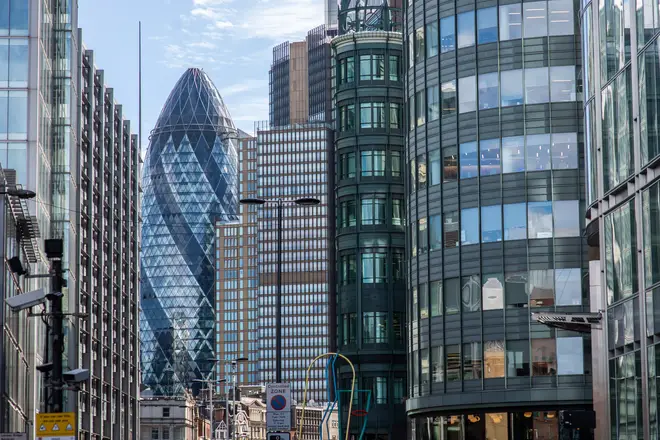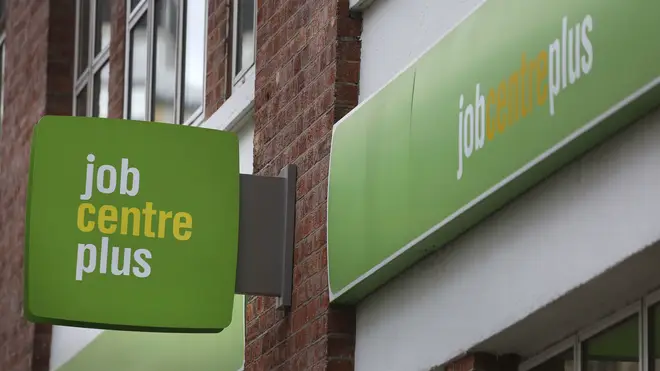
Shelagh Fogarty 1pm - 4pm
11 August 2020, 19:33

Britain has been officially declared in recession on Wednesday morning for the first time since the 2008 financial crash, after the economy plunged due the coronavirus pandemic.
The UK economy plunged by a record 20.4 per cent between April and June, and the Office for National Statistics (ONS) is has confirmed the mammoth second quarter contraction, the worst in Western Europe, and the UK's nosedive into recession after a 2.2 per cent fall in the first three months of 2020.
But despite the record-breaking GDP slump expected for the second quarter, experts will be keenly watching the monthly figure for June amid predictions it will show a sharp 8 per cent bounce-back as lockdown restrictions eased further.
But what exactly is a recession, and how will it affect you?
Read more: 730,000 jobs lost since lockdown began
Read more: First look inside school in Scotland as they begin to reopen after five months of lockdown
A recession is defined as two successive quarters of decline in gross domestic product (GDP), which has not been seen in the UK since 2008 and 2009 during the financial crisis.
It comes after ONS data showed around 730,000 UK workers have been removed from the payrolls of British companies since March when the coronavirus lockdown began in a sign of the toll taken on the economy by the pandemic.
Employment also dropped by the largest amount in a quarter since 2009 between May and June.
In normal circumstances, a country's economy will grow and citizens will become increasingly wealthy, in turn meaning they are likely to spend more money.
The Gross Domestic Product (GDP) will usually increase as well.
If a recession is particularly brutal or lasts a long time, then it may be called a depression.

The Bank of England has predicted the economy is not expected to jump back to pre-virus levels until the end of 2021.
The IMF has also said the recession is due to end next year, but it is not known if the world economy will be able to bounce back.
Much of the future state of the economy in the UK and around the world rests on the spread and the severity of the virus.
If there is a large second wave, then there are fears people could be deterred from going out and spending money to keep the economy going,
The last recession was in 2008, and was so severe it lasted five quarters, well into 2009.
It was the deepest recession in the country since World War Two, and by the end of 2008 7 per cent of manufacturing output had declined.
The unemployment rate also rose to around 8.3 per cent in 2011 following the recession, the highest since the mid 1990s.
Unemployment rates have been estimated to rise to up to 7.5 per cent by the end of the year.

Economist warns of looming unemployment over 7.5m furloughed staff
For a lot of people, a recession could mean losing their jobs as businesses close.
So far in the UK 730,000 workers have been laid off since March, and this number is expected to rise in the coming months, and as Rishi Sunak's furlough scheme comes to an end.
Inflation is also expected to slow during the recession, with a plunging oil demand combined with a lower demand reducing the price and hopefully leading to declining living costs/
For those who own their own houses, prices are expected to drop. During the 2008 crash, the value of property fell by 20 per cent in the space of just 16 months.